|
The World Bank and the International Monetary Fund (IMF) were created to stablize the global economy and to manage the diverse economies across nations through loan making and technical assistance. A part of their strategy is to reduce poverty - which has generally presented itself as labor, trade and agreements to utilize natural resources. U.S. media has speculated on the impact of both institutions. The World Bank Group has set two goals for the world to achieve by 2030:
The International Monetary Fund (IMF) is an organization of 188 countries, working to foster global monetary cooperation, secure financial stability, facilitate international trade, promote high employment and sustainable economic growth, and reduce poverty around the world. Created in 1945, the IMF is governed by and accountable to the 188 countries that make up its near-global membership. Watch the videos below. Pick a country from either the IMF or the World Bank website. In your original post explain how the
Answer the following prompts (Use the videos and your textbook as a source.)
Original Posts 250 words (minimum). Respond to three other students 50 words (minimum). Original post due Thursday @ midnight. Responses (3) due Sunday @ midnight.
24 Comments
The Guantanamo Bay detention center is a United States military prison located within Guantanamo Bay Naval Base,. This military prison is also referred to as Guantánamo Bay or GTMO (pronounced 'gitmo'), which is located in Cuba. In January 2002, Secretary of Defense Donald Rumsfeld said the prison camp was established to detain extraordinarily dangerous people, to interrogate detainees in an optimal setting and to address cases for war criminals. Since then there have been hundreds of people detained at GTMO without trial and without representation. In 2008 there was an argument made that the people held in captivity within Guantánamo Bay did not have legal rights within the United States so the treatment of them did not have to be deemed Constitutional. Meaning they did not have rights to habeas corpus. Luckily in 2008 the Supreme Court ruled in favor of the individuals held within the military prison and declared it legal for inmate within the prison to apply for habeas corpus For your blog post this week - answer the following prompts. 1) Do research online and find a case of a person who has or is detained at the military prison. Explain their case based on the information you can find online and from other sources. 2) Do you believe that people incarcerated in this military prison should be freed? Why or why not? 3) Do you believe that the detainment of these people is just? Why or why not? How should the United States address potential terrorist threats? Is the military prison an actual deterrent to violent terrorism? Why or why not? FOR YOUR INFORMATION - THE VIDEO BELOW IS OF MOS DEF (HIP HOP ARTIST) WHO WAS IN SOLIDARITY WITH THE DETAINEES WHO WERE ON HUNGER STRIKE. HE WANTED TO SHOW PEOPLE WHAT THE FORCE FEEDING PROCEDURE LOOKED LIKE IN CIVIL CONDITIONS. Original Posts 250 words (minimum). Respond to three other students 50 words (minimum). Original post due Thursday @ midnight. Responses (3) due Sunday @ midnight.
This is an excerpt from System, Society and the World: Exploring the English School of International Relations. The Second Edition is available now on Amazon (UK, USA), in all good book stores, and via a free PDF download. In his contribution to Part III of the English School 1985 classic The Expansion of International Society, Hedley Bull describes what he called ‘the revolt against the West’.[i] At the turn of the twentieth century, Bull argued, European and Western powers ‘expressed a sense of self-assurance, both about the durability of their position in international society and its moral purpose.’[ii] That, however, did not survive the First World War. From that point on a revolt against western dominance unfolded in ‘five phases or themes’, which Bull identified as an anti-colonial revolution and the struggle for equal sovereignty, racial equality, economic justice and cultural liberation. This was brought about by five factors. There was, Bull argued, a ‘psychological awakening’ in the non-Western world, ‘a weakening of the will on the part of the Western powers to maintain their position of dominance, or to at least accept the costs necessary to do so’, the rise of new powers such as the Soviet Union, ‘a more general equilibrium of power’ and ‘a transformation of the legal and moral climate of international relations’ which was influenced by the majorities of votes held by Third World states. READ MORE Read the entire article and read as much of the free book hyperlinked above. Answer the following prompts.
Original Posts 250 words (minimum). Respond to three other students 50 words (minimum). Original post due Thursday @ midnight. Responses (3) due Sunday @ midnight.
Read this interview about and review the website for the 2015 Paris Climate Change Conference. After reading and taking notes answer the prompts below. In 2015 the world took on the task of addressing climate change. In Paris, the Climate Change Conference gathered thousands to discuss the roots causes of climate change and they discussed solutions.
Original Posts 250 words (minimum). Respond to three other students 50 words (minimum). Original post due Thursday @ midnight. Responses (3) due Sunday @ midnight.
The Democratic Peoples’ Republic of Korea (DPRK) or North Korea conducted a nuclear test on January 6, 2016. The recent test takes the count of nuclear tests conducted by North Korea to a total of four with previous tests in October 2006, May 2009 and February 2013. Following the January 2016 test, North Korea released a statement claiming that it had tested a small H-bomb or thermonuclear bomb. The North Korea test resulted in widespread global condemnation led by the United Nations Security Council (UNSC), the United States, China, South Korea and Japan. However, subsequent differences over measures to curb the expanding North Korean nuclear and missile arsenal and over imposition of economic sanctions have evoked what Ralph Cossa describes as a sense of déjà-vu. Rather than dwell on the best possible manner to deal with Pyongyang, this article will focus on the expanding capabilities of the Preparatory Commission of the Comprehensive Test Ban Treaty Organisation (CTBTO)’s International Monitoring System (IMS) to successfully detect even a fairly small nuclear test (up to 0.1kt) in any part of the globe with about 90% probability. Since it was founded in 1996, the IMS capabilities have expanded to its current strength of 321 Seismic, Radionuclide, Infrasound and Hydroacousic stations spread across the globe. The primary aim of the IMS is to ensure that no nuclear test conducted in the atmosphere, underwater, underground goes undetected. READ MORE HERE Write a summary of what you learned from the article above. Include 3-5 major discussion points in the article. Ask a critical thinking question of your classmates. (A critical thinking question is an open ended question.) Conclude with your personal perspective on the development and use of nuclear weapons. Should we have a world where nuclear weapons exist? Why or why not?
Original Posts 250 words (minimum). Respond to three other students 50 words (minimum). Original post due Thursday @ midnight. Responses (3) due Sunday @ midnight. The once exceptional practice of state apology would seem to have acquired another convert. On December 18, 2015, the Japanese Foreign Minister, Fumio Kashida, offered a formal apology to his South Korean counterpart, Yun Byung-se, for the so-called “comfort women” who had been forced to work in Japanese brothels during the wartime occupation of the Korean peninsula. Later on that same day, the Prime Minister of Japan, Shinzo Abe, reiterated the apology in a telephone call to the South Korean president Park Geun-hye. Taken at face value, this latest apology (buttressed by an $8.3 million compensation package) marks a return to the spirit of the mid-1990s when Japan, after a long period of equivocation and denial, began to atone in earnest for its wartime actions (Lind 2009: 135). Despite his own conservative inclinations, Prime Minister Abe looks to have finally taken a conscious stand against the historical revisionism that has grown like a cancer within Japan during the early years of the 21st century, telling reporters that this marks a new beginning in relations between Japan and South Korea. Like so many scenes of atonement before it, however, this latest act of contrition raises thorny questions, not just about the merit of apology as a political institution, but about the value of trying to come (ever more perfectly) to terms with the past. READ MORE HERE. Write a summary of what you learned from the article above. Include 3-5 major discussion points in the article. Ask a critical thinking question of your classmates at the end of your post. (A critical thinking question is an open ended question.)
Original Posts 250 words (minimum). Respond to three other students 50 words (minimum). Original post due Thursday @ midnight. Responses (3) due Sunday @ midnight. Each student will select one of the three articles below. Use the SWOT tool to describe the Strengths, Weaknesses, Opportunities, and Threats associated with ISIS and the way it was reported on. Think critically and be sure to take notes while reading. You are required to include 3 quotes from the textbook in your original post. The purpose of the SWOT is to analyze the strategies and perspectives against ISIS. Understanding how to develop your SWOT.
Original Posts 250 words (minimum). Respond to three other students 50 words (minimum). Original post due Thursday @ midnight. Responses (3) due Sunday @ midnight. Read parts of each article. The sections are shown after the title of the article. Watch on of the videos below.
Read both readings hyperlinked above. Watch one of the videos above. Take notes and be prepared to talk about the video you watch.
Answer the following prompt below. In spite of long distance between Middle East and United States, U.S. has influenced and has connections in the almost every country in the region. Strategic interests have forced the US to build the relations with Middle East including the competition with the Soviet Union U.S. has been provoked by the Soviet Union for its interventions from diplomatic overtures of war and relationship. The goal of this week blog is to discuss the United States' ideological and physical presence in the region of the Middle East in the 20th century and more recently in the 21st century. The blog must has mainly focused on the points of the foreign policies of U.S towards Iraq and the War on Terror. Also be sure to discuss your perspective on the video you watched and how it relates to what you learned. Watch the video above. Take detailed notes. Draw the diagram in your notes that the Professor writes out for you. This will help you answer the prompts below. You will be able to think critically about examples that you find from media sources or your textbook.
Prompts What were some of the methods by which the United States expanded its economic and political influence around the world in the late 1800s and early 1900s? How did economic interests sometimes lead to military action? Cite specific examples—such as Japan, Hawaii, Cuba, the Philippines, China, Panama, and/or Nicaragua—in your answer. What is the meaning of Teddy Roosevelt's motto "Speak softly, and carry a big stick" in regard to foreign policy? How did he implement this policy during his presidency? What do you think of the policy? Is it effective? Is it right? Study the political cartoon Civilization Begins at Home. What is the cartoonist saying about American foreign policy? What attitudes toward foreign nations does the cartoonist think are wrong? What aspects of American history and society are criticized in the cartoon? Do you agree with the ideas expressed by the cartoon? Original Posts 250 words (minimum). Respond to three other students 50 words (minimum). Original post due Thursday @ midnight. Responses (3) due Sunday @ midnight. Where globalization means, as it so often does, that the rich and powerful now have new means to further enrich and empower themselves at the cost of the poorer and weaker, we have a responsibility to protest in the name of universal freedom. - Nelson Mandela
NAFTA recognizes the reality of today's economy - globalization and technology. Our future is not in competing at the low-level wage job; it is in creating high-wage, new technology jobs based on our skills and our productivity. - John F. Kerry Watch the videos above. Write a summary and analysis about the videos on globalization. What subtopics of globalization interest you the most? Name three and explain why. Name two current events that relate to your interests. Use two quotes from the videos or textbook.
Original Posts 250 words (minimum). Respond to three other students 50 words (minimum). Original post due Thursday @ midnight. Responses due Sunday @ midnight. |
Poli 3 - DeAnza
Winter 2016 |
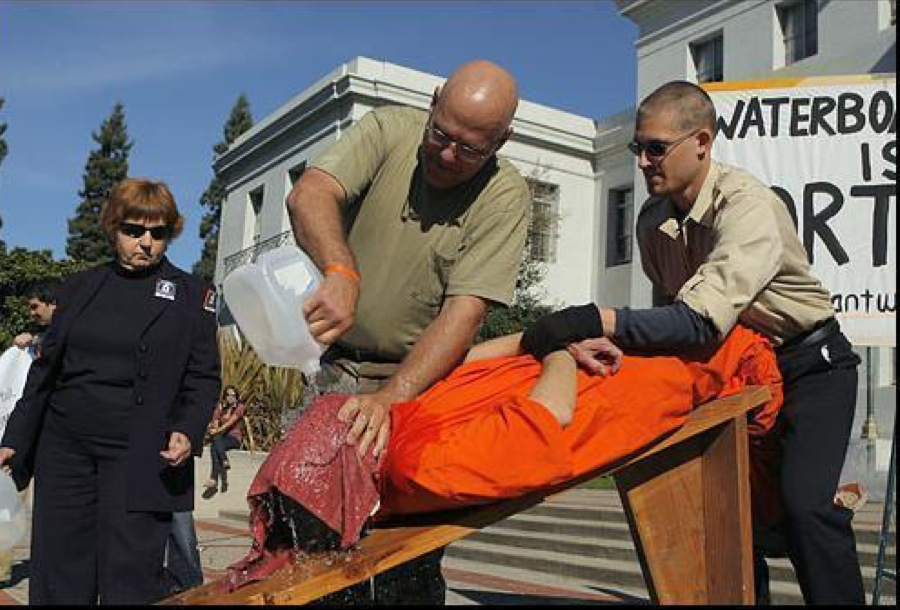
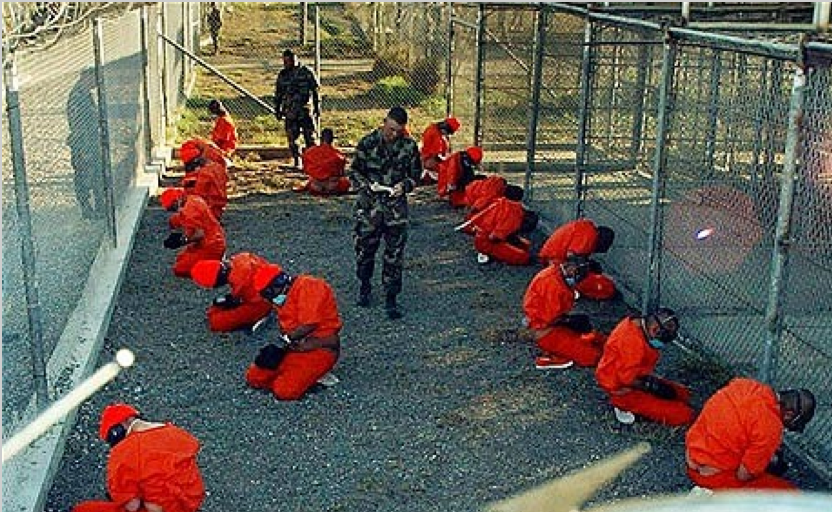
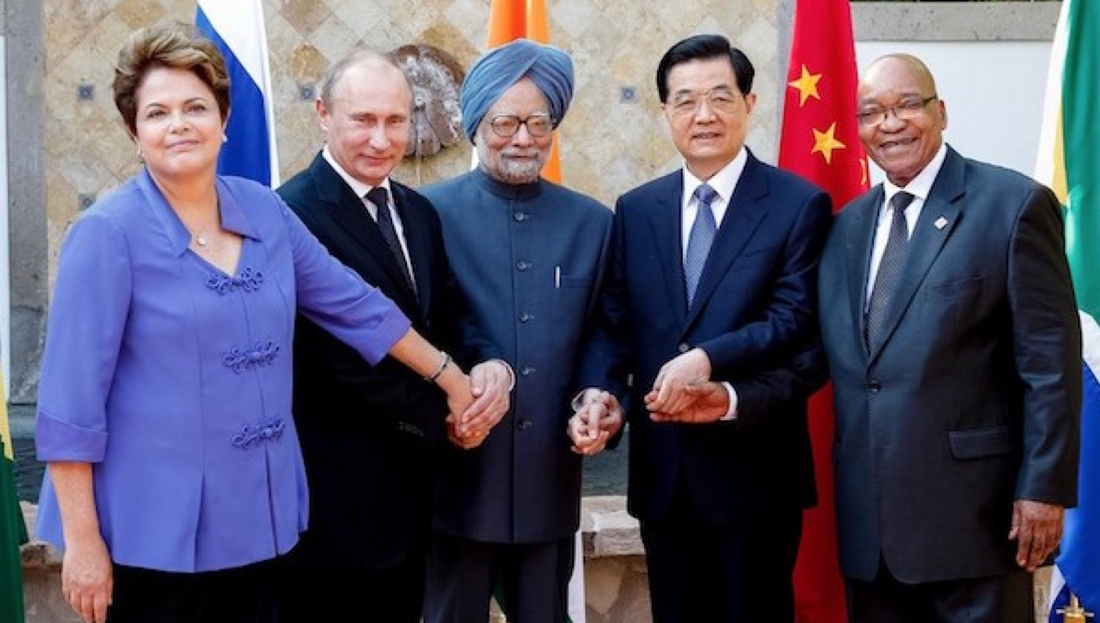
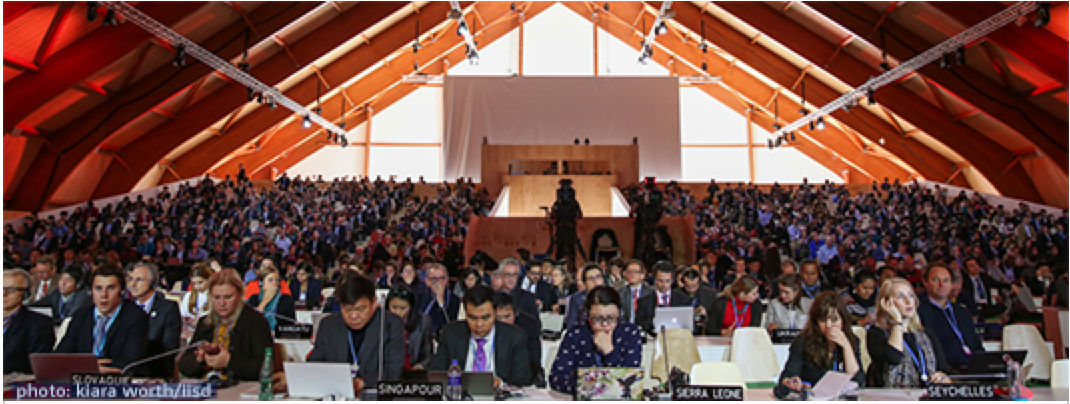
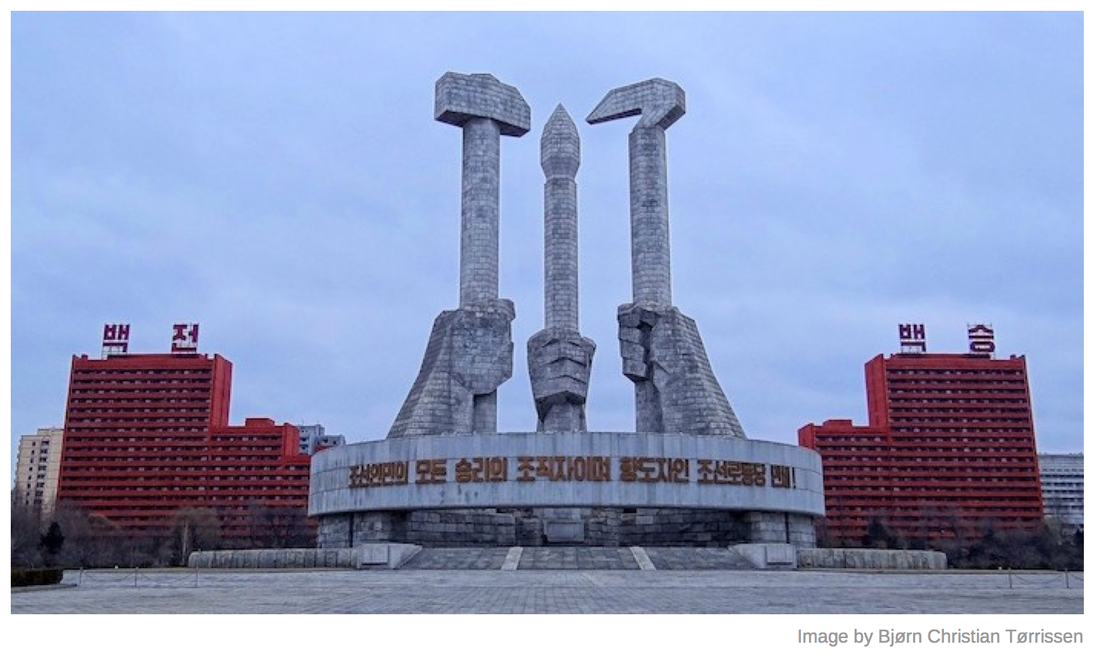
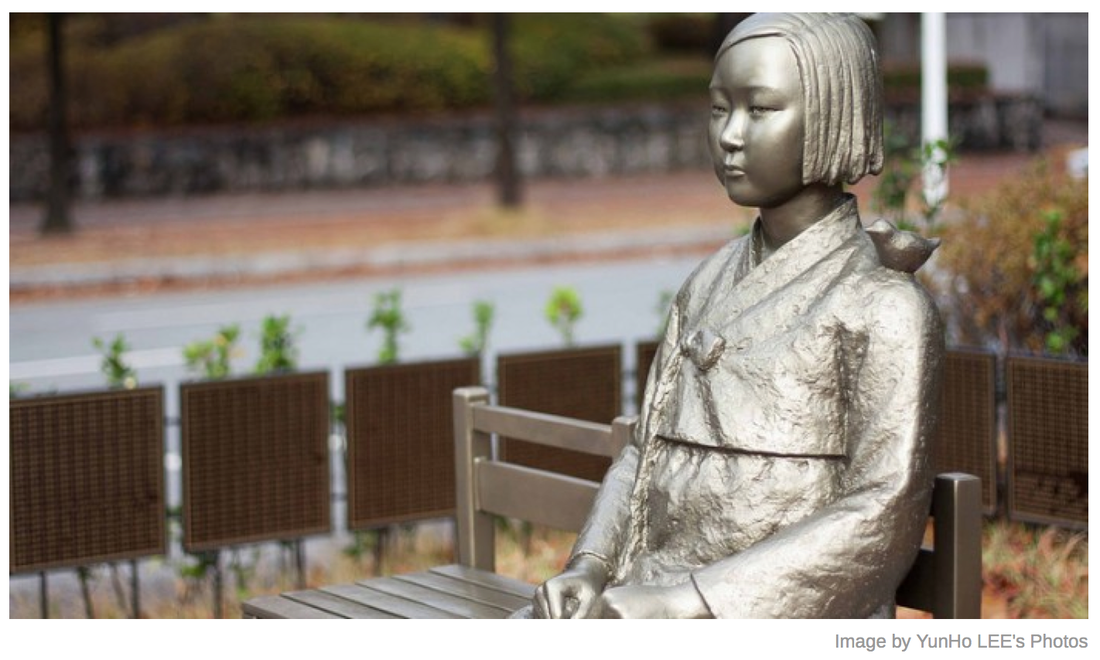
 RSS Feed
RSS Feed